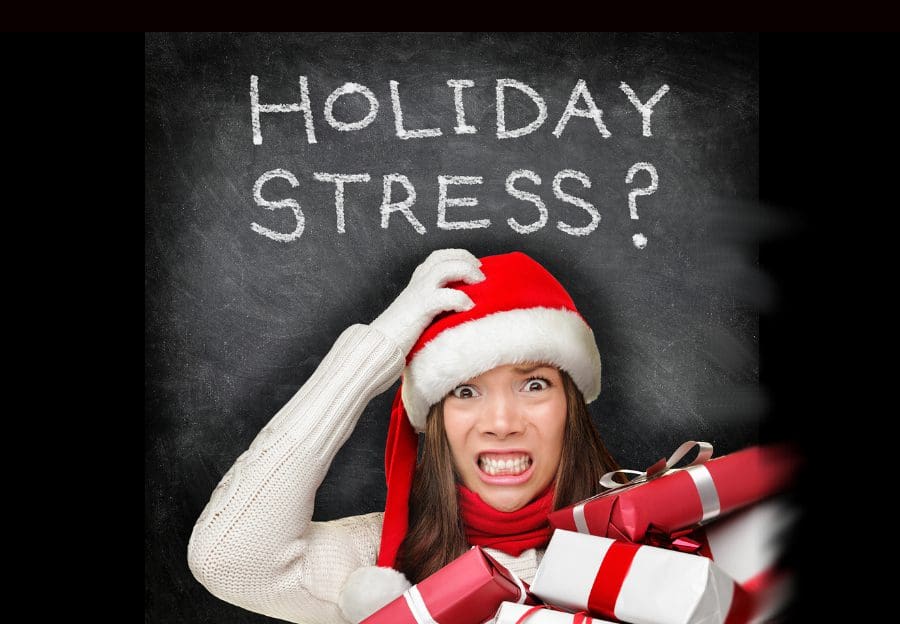
The holidays are fast approaching, and along with them come the joys of the season like glad tidings, great food, and time spent with family & friends. Unfortunately, one unforeseen effect of the holiday season is the added stress that they can cause, and for some individuals, this can lead to stress-related hair loss.
Stress can be one of the hairs’ biggest enemies. They explain that as our body reacts to stress, our adrenal glands produce cortisol, AKA “the stress hormone.” Individuals in a constant state of stress may have chronically elevated cortisol levels, leading to health issues like adrenal fatigue. A fatigued adrenal gland does not work as efficiently and can alter the production of other hormones, like DHT. Increased DHT levels directly affect hair follicles and their growth cycle, even leading to hair loss.


